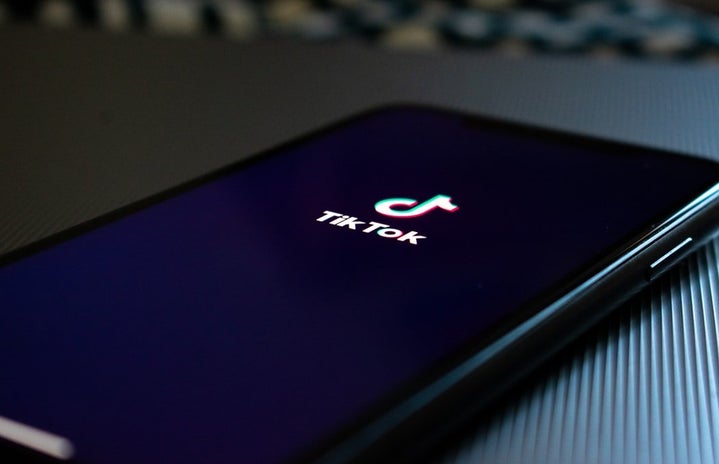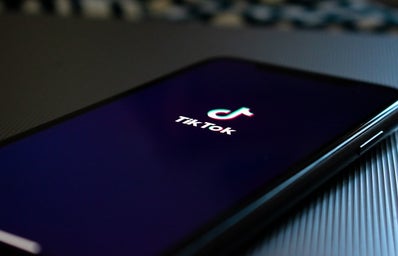When TikTok really took off around the beginning of 2020 COVID quarantining, the app managed to connect millions of isolated people — particularly teenagers and young adults. The endless scrolling offered a much-needed source of entertainment and opportunity for interaction.
There was something new and novel about the normalcy of the app. Many of the people who ended up becoming “TikTok influencers” were random kids who went to a random school, just like you. They weren’t famous (yet). These people popping up on your For You Page weren’t necessarily rich, models, or professional comedians (although there still existed a hierarchy in popularity based on various kinds of social privilege). The appeal of it was that many of the videos with 100k and more likes featured (exceptionally good-looking) regular-seeming people.
You didn’t need professional lighting to have a viral video. You didn’t need a production crew. As long as you had a phone with a recent enough update, you could make a video just like everyone else. People could make content about whatever they wanted, as long as they escaped the censorship and flagging of the algorithm. TikTok was seen as an app for the “regular” person, not celebrities (by 2022, celebrities have successfully infested the application).
The process is quite simple. You’re scrolling through dozens of short videos, watching only certain ones all the way through. Your attention is probably somewhat divided. In fact, the brief nature of each piece of content you view in the app might further diminish your already short attention span. Each micro trend lasts only a week or two, maximum before it becomes boring — and you move on to the next trend. You see a video that makes you laugh a bit, maybe a trend that interests you, maybe a dance that’s pretty cool. You double-tap the video. You might follow the creator. You’re not a huge fan of them exactly, because all you’ve seen is some short videos, but you enjoy their content. You also like how you can somewhat relate to this sort-of-average person being featured, instead of just seeing celebrity after millionaire influencer after beautiful actor.
But you aren’t the only person who sees that video of the average-seeming person. Thousands, if not millions, of other people, see the exact same thing and think the same thing as you. All of these people contribute to the views, likes, and follows, just like you did. This is how TikTok works. Soon enough, these creators are amassing huge follower counts.
And then, suddenly, these TikTok “influencers” move to Los Angeles, wear expensive clothing because they receive money from a creator fund or sponsorship, start working on music because they now have the connections to do so, and appear in movies and television because they’ve been offered deals — you know, the same things you would probably do if you found yourself in their position. Then the general audience flips on them. Everyone is shocked. Why should this person get to be in a movie when they’re just an average person, like me? What have they done to deserve this money and these fancy social events when they are not even a celebrity, but simply a normal kid who went to a normal school, like me?
Now they’re hated for the same thing they were once liked for. Half the time they probably neither asked for, nor expected, the kind of popularity they ended up gaining on that app.
The moral of the story is that there is no villain in the strange cycle those “TikTok famous” users face: being liked, hated, then probably liked again in a few months, and possibly cancelled too.
It’s not the fault of the creator that they seem to have amassed huge followings and opportunities as a result of many people watching their videos. It’s not any individual user’s fault that the creator is suddenly being mass hated on for having said opportunities, either. It’s just the nature of the app.
TikTok’s trends and fast-paced cycles are inevitably setting up their content creators for failure. Audiences’ attention spans aren’t built for watching a TikTok influencer’s videos over and over. Even worse, viewers don’t know how to react when someone who is supposed to be “just like them” becomes rich and famous overnight. Social media has fuelled hatred and jealousy, and TikTok is just a new avenue for those things to spread.
So beware next time you post something! Virality will almost certainly come with a hate train. Gaining popularity can come with an abundance of new issues and emotional roller coasters for you to face with your audiences. The downside to being famous is that you, well, have to be famous…




